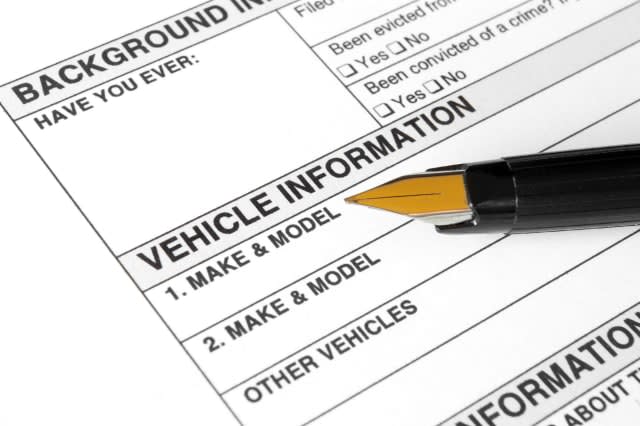Scamwatch: vehicle tax refund fraud

Stay one step ahead of the fraudsters with our series of articles giving you the lowdown on the scams they use to trick people out of their hard-earned cash - and how to avoid being taken in by them.
This week, we highlight a new email scam designed to convince you the Driver & Vehicle Licensing Agency (DVLA) is contacting you about a vehicle tax refund.
How does it work?
Drivers beware: fraudsters have launched another hoax email attack and this time they have gone to even greater lengths to persuade you that the message is legitimate, by including an email address to contact if you have concerns about scams.
"We would like to notify you that you have an outstanding tax refund of £239.35 from an overpayment, request or refund," the email reads.
"Please click here to access the secure web form. Completed return amounts take 4 to 6 days to appear on your account. From Driver & Vehicle Licensing Agency.
"If you are unsure an email is from DVLA: Forward it to phishing@dvla.gsi.gov.uk."
How can I avoid being caught out?
The DVLA does not contact motorists about vehicle tax refunds.
"We don't send texts or emails about vehicle tax refunds or asking for motorists to confirm their personal details or payment information," it said.
So the easiest way to avoid this latest scam is to ignore any emails on that subject.
If you do open a potentially fraudulent email, you should also avoid clicking on any embedded links within the text.
"Links to a website mocked up to look like a DVLA online service are sometimes included," the DVLA added.
"We strongly advise anyone who receives such a request not to open the link and to delete the item."
I've been defrauded. What should I do?
If you receive a fraudulent email that purports to come from the DVLA, you can contact Action Fraud (0300 123 2040) to ensure they are aware of the scam and help them catch those behind it.
If you have been tricked into sending money as a result of a scam email, call your bank or credit card provider immediately.




